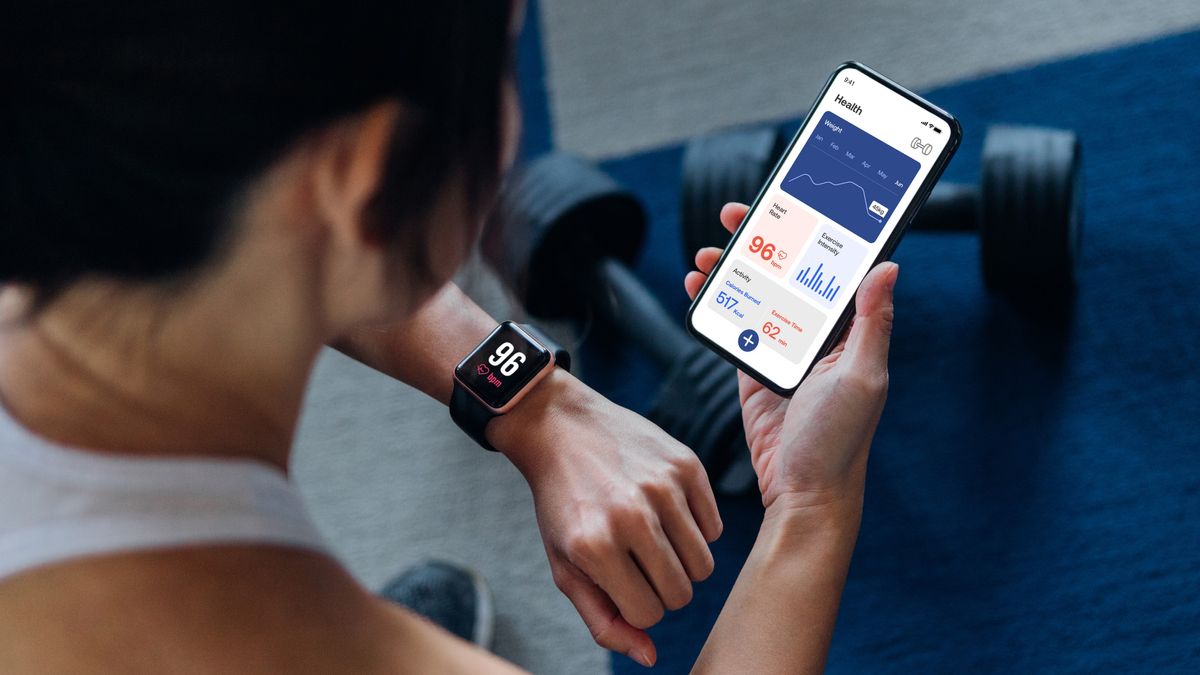The fitness tracker revolution has transformed how millions of people approach their health and wellness goals. From simple step counters to sophisticated devices monitoring heart rate variability, sleep patterns, and even blood oxygen levels, these wearable technologies have become ubiquitous in our daily lives. According to the National Heart, Lung, and Blood Institute, one-third of Americans now wear a fitness tracker, making this a $27 billion industry that continues to grow exponentially.
But as these devices become increasingly sophisticated and integrated into our health routines, a critical question emerges: are fitness trackers genuinely beneficial for our well-being, or do they potentially cause more harm than good? The answer isn’t as straightforward as the marketing materials might suggest. While research shows that fitness tracker users take an average of 1,800 extra steps per day and engage in approximately 40 additional minutes of walking daily, other studies reveal concerning limitations and potential psychological risks.
The complexity of this question stems from the fact that fitness trackers operate at the intersection of technology, psychology, and health science. They promise to motivate us toward better habits, provide valuable health insights, and help us achieve our fitness goals.
Understanding both the advantages and disadvantages of fitness trackers is crucial for making an informed decision about whether these devices align with your personal health goals and lifestyle. This comprehensive analysis will explore the scientific evidence, real-world benefits, potential risks, and practical considerations to help you determine whether a fitness tracker is right for you.
The Compelling Benefits of Fitness Trackers

Enhanced Physical Activity and Motivation
One of the most significant and scientifically backed benefits of fitness trackers is their ability to increase physical activity levels. Research published in The Lancet Digital Health demonstrates that fitness trackers effectively motivate users to move more, with measurable improvements in both clinical and non-clinical populations. The psychological principle behind this success lies in the immediate feedback and goal-setting capabilities these devices provide.
Fitness trackers excel at transforming abstract health concepts into concrete, achievable targets. Instead of vague goals like “exercise more,” users can set specific objectives such as “walk 10,000 steps today” or “achieve 150 active minutes this week.” The visual progress tracking through graphs and charts makes improvements tangible and rewarding. Many users report that simply seeing their daily step count motivates them to take the stairs instead of the elevator or park farther away from store entrances.
The gamification elements built into most fitness tracker apps further enhance motivation. Digital badges, achievement unlocks, and social competitions with friends create engaging experiences that make physical activity feel less like a chore and more like an enjoyable challenge. These features tap into our natural competitive instincts and desire for recognition, providing powerful psychological incentives to maintain active lifestyles.
Comprehensive Health Monitoring
Modern fitness trackers have evolved far beyond simple step counters to become sophisticated health monitoring systems. Heart rate monitoring capabilities allow users to optimize their workouts by ensuring they’re training in appropriate intensity zones. This feature is particularly valuable for individuals with cardiovascular concerns or those following structured exercise programs.
Sleep tracking represents another significant advancement in wearable technology. Quality sleep is fundamental to physical recovery, cognitive function, and emotional well-being, yet many people struggle to understand their sleep patterns. Fitness trackers can monitor sleep duration, quality, and stages, providing insights that help users identify factors affecting their rest and make necessary lifestyle adjustments. Some advanced models even track sleep rings and body temperature fluctuations to provide more comprehensive sleep analysis.
For individuals managing chronic conditions, fitness trackers offer specialized monitoring capabilities. People with diabetes can integrate continuous glucose monitoring devices with their fitness trackers to better manage blood sugar levels, receiving immediate alerts when glucose levels become dangerously high or low. This integration represents a significant advancement in personal health management, allowing for more proactive and informed healthcare decisions.
Goal Setting and Progress Tracking

The ability to set personalized, measurable goals is one of the most valuable features of fitness trackers. These devices help users establish realistic targets based on their current fitness levels and gradually increase challenges as they improve. Whether the goal is increasing daily step count, losing weight, improving cardiovascular endurance, or enhancing sleep quality, fitness trackers provide the data and feedback necessary to track progress systematically.
Long-term progress tracking capabilities allow users to identify trends and patterns in their health and fitness journey. This comprehensive data collection enables more informed decisions about exercise routines, dietary choices, and lifestyle modifications. Users can see how different activities affect their heart rate, how sleep quality impacts their next-day performance, and how consistent activity levels influence their well-being over time.
The Hidden Risks and Limitations
Accuracy Concerns and Data Reliability
Despite their sophisticated appearance, fitness trackers are not always accurate in their measurements. Factors such as sensor calibration, device placement, and user movement patterns can significantly affect the precision of data collection. A report in the International Journal of Environmental Research and Public Health found that evaluated trackers were over 10% behind in measuring total energy expenditure, which could lead to inaccurate calorie information that might hinder progress or potentially cause injury.
The accuracy issues extend beyond calorie counting to other metrics as well. Step counting can be affected by arm movements that don’t correspond to actual steps, while heart rate monitoring may be influenced by skin tone, tattoos, or how tightly the device is worn. These inaccuracies become particularly problematic when users make significant health or fitness decisions based on potentially flawed data.
Furthermore, fitness trackers often fail to account for various types of exercise accurately. While they may excel at tracking walking and running, they frequently underestimate or completely miss activities like yoga, weight training, swimming, or Pilates. This limitation can create a skewed perception of activity levels and potentially discourage users from engaging in beneficial exercises that aren’t well-tracked by their devices.
Psychological Risks and Unhealthy Obsessions

The constant monitoring and data collection inherent in fitness tracker use can lead to unhealthy psychological patterns. A study involving 200 women revealed that the internal pressure to reach daily targets was so prevalent that many reported their “daily routines were controlled by their watch.” This level of dependency can transform healthy motivation into anxiety-inducing obsession.
Individuals with pre-existing conditions such as obsessive-compulsive disorder or eating disorders may find that fitness trackers exacerbate their symptoms. The constant focus on numbers, metrics, and achieving daily goals can reinforce unhealthy thought patterns and behaviors. The pressure to meet daily targets or compete with friends can create stress and anxiety that ultimately detracts from the enjoyment and mental health benefits of physical activity.
The phenomenon of “data overwhelm” is another significant concern. Users may become so focused on tracking and analyzing metrics that they lose touch with their body’s natural signals and intuitive understanding of their physical needs. This technological dependence can impair the ability to listen to one’s body and respond appropriately to fatigue, pain, or other important physical cues.
Privacy and Security Vulnerabilities
Fitness trackers collect incredibly sensitive personal health data, including heart rate patterns, sleep schedules, location information, and activity levels. This information creates detailed profiles of users’ daily routines, health conditions, and lifestyle patterns. The risk of this data being compromised, misused, or sold to third parties represents a significant privacy concern that many users don’t fully consider.
Data security breaches in the health technology sector have become increasingly common, and fitness tracker companies are not immune to these risks. When personal health information is compromised, the consequences can extend far beyond simple privacy violations to include potential discrimination in employment, insurance coverage, or other areas where health data might be inappropriately used.

